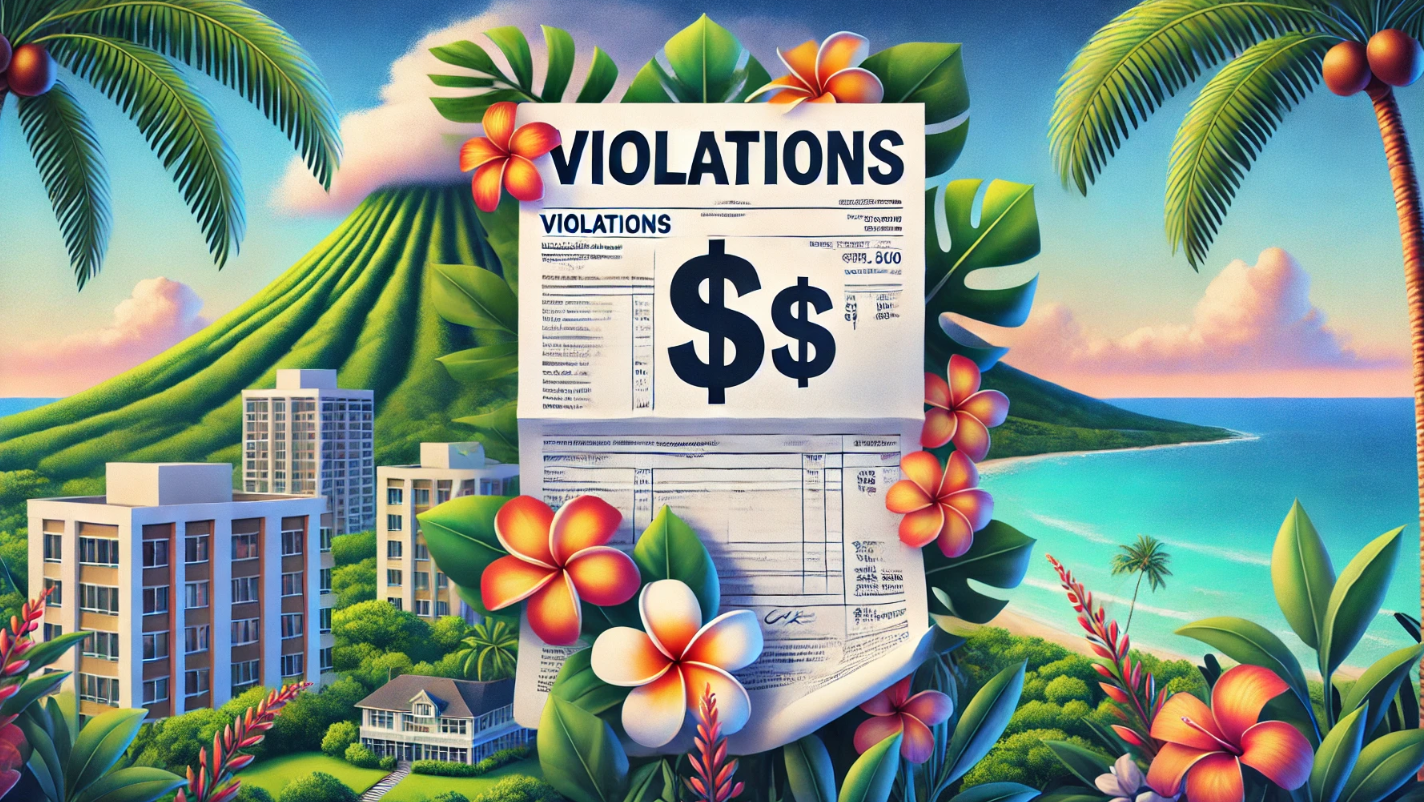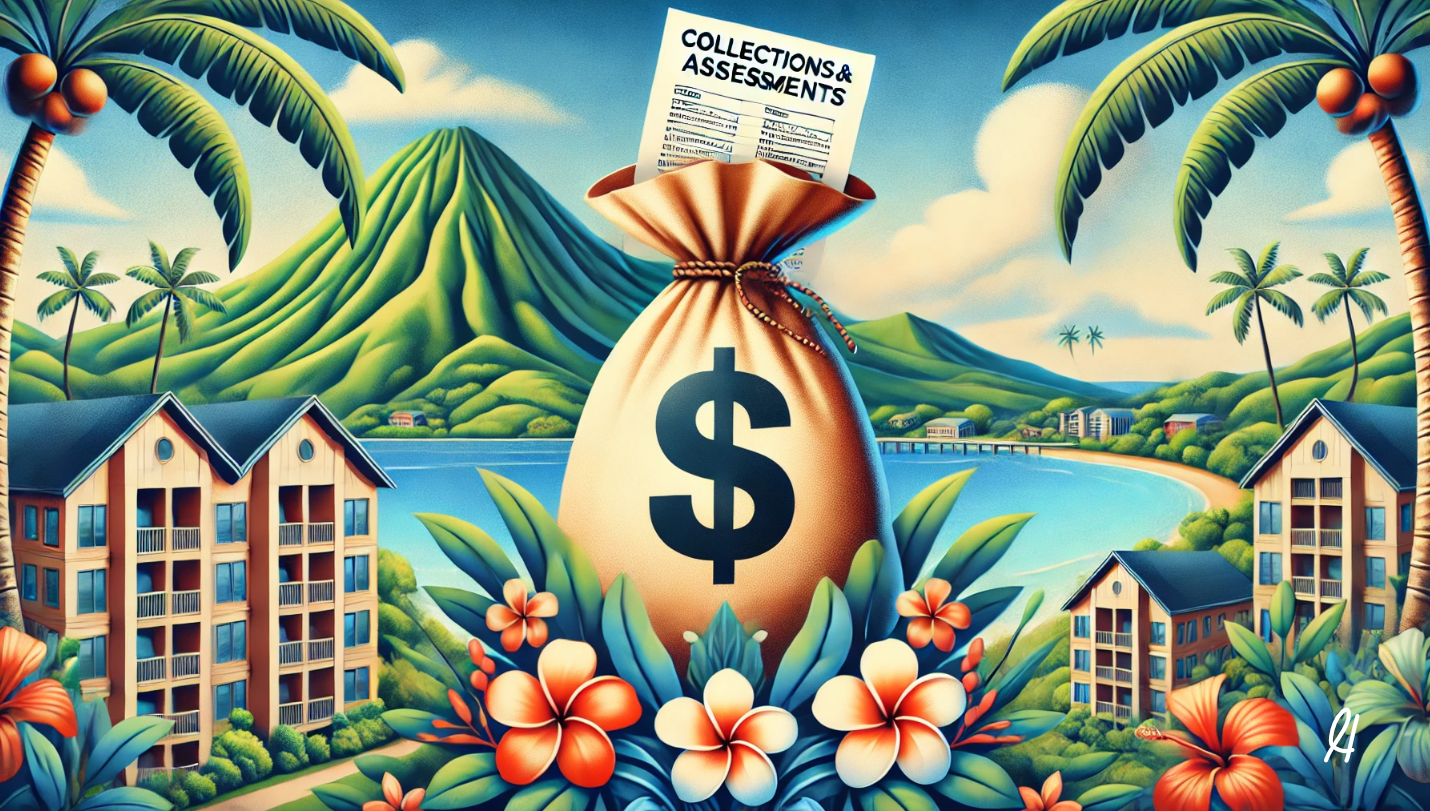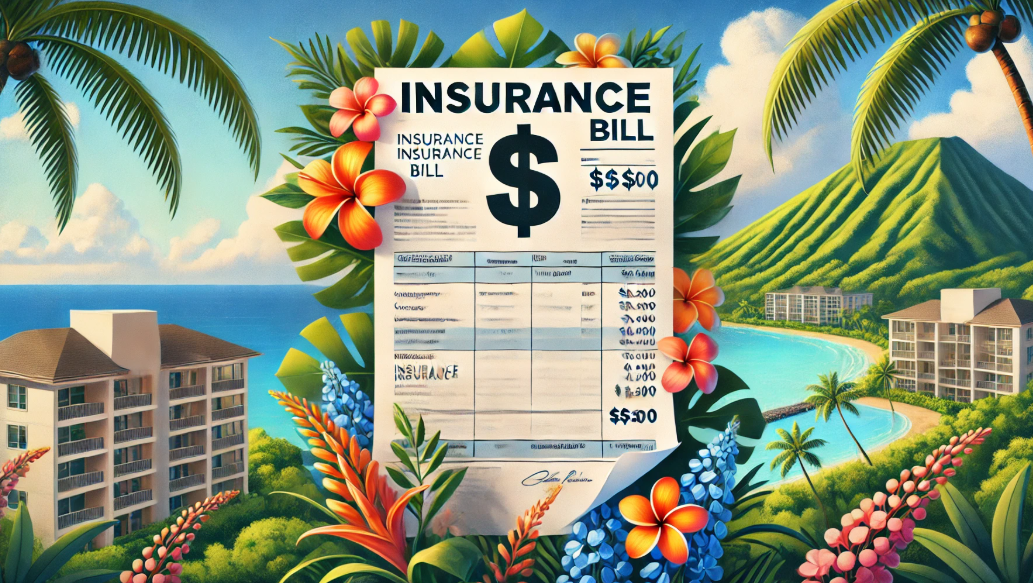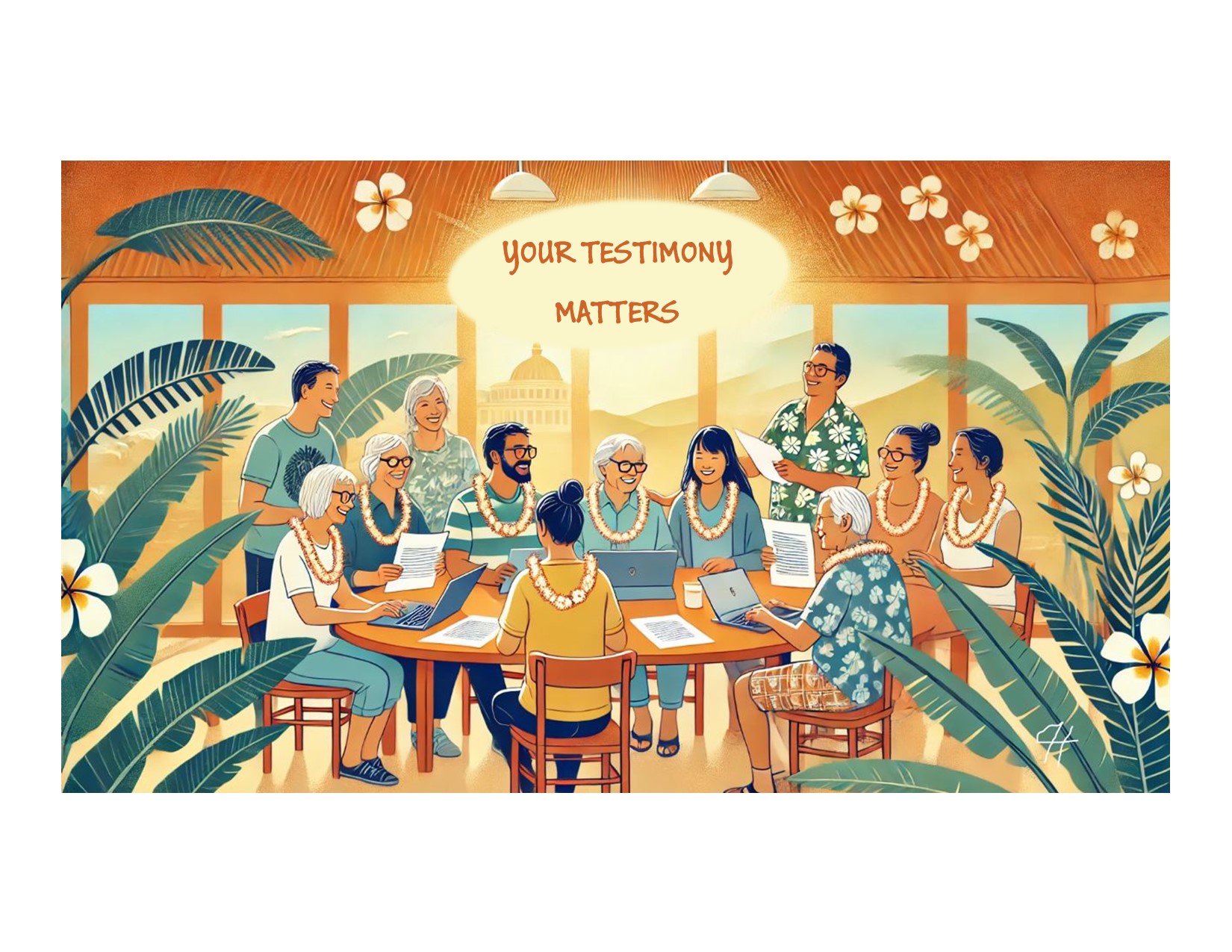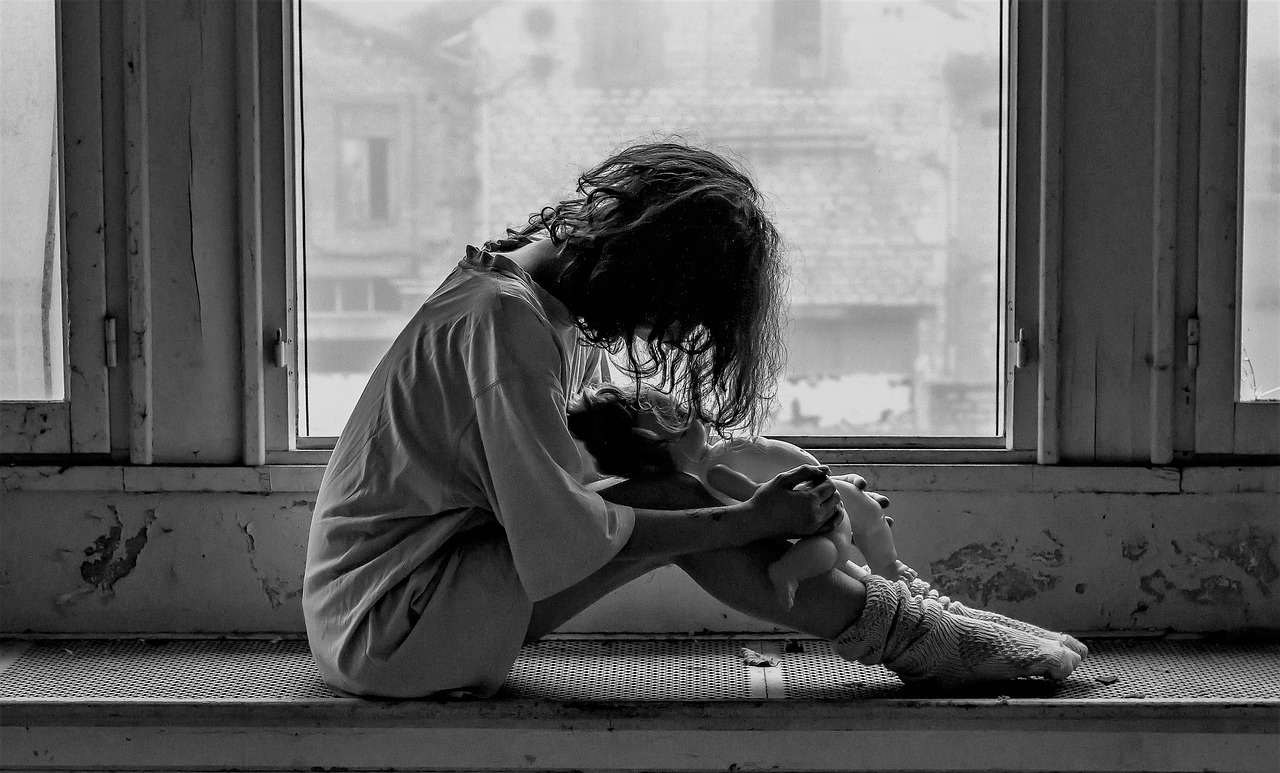Homelessness is a complex issue, and the needs of homeless individuals can vary depending on their individual circumstances. However, there are some common needs that homeless individuals may require to get back on track. Here are some things that homeless individuals may need the most:
- Stable housing: One of the most basic needs for homeless individuals is stable housing. Without a safe and secure place to live, it can be difficult to address other issues and get back on track.
- Healthcare: Homeless individuals may have limited access to healthcare, which can lead to untreated medical conditions and exacerbate other issues. Access to healthcare, including mental health and substance abuse treatment, can help homeless individuals address health issues and get back on track.
- Employment: Homeless individuals often struggle to find employment, which can make it difficult to achieve financial stability. Employment programs and job training can help homeless individuals develop the skills they need to find and maintain employment.
- Supportive services: Homeless individuals may require additional support to address issues such as substance abuse, mental health, and trauma. Access to supportive services, such as counseling and case management, can help homeless individuals address these issues and get back on track. Visit our info on addiction recovery on O’ahu.
- Basic needs: Homeless individuals often lack access to basic needs such as food, clothing, and hygiene products. Access to these basic needs can help homeless individuals meet their basic needs and focus on other areas of their life.
- Community support: Homeless individuals may feel isolated and disconnected from their community. Community support, including outreach programs, social services, and faith-based organizations, can provide homeless individuals with a sense of belonging and support.
An Overwhelming Issue
By addressing these needs, homeless individuals can begin to rebuild their lives and work toward stability and self-sufficiency. It’s important to work with community organizations and social service agencies to provide homeless individuals with the support and resources they need to get back on track. Below are organizations helping in Oahu that you may want to support.
- According to the Point in Time Count conducted in January 2021, there were 3,129 homeless individuals on Oahu.
- The number of unsheltered homeless individuals on Oahu increased by 12% from 2020 to 2021.
- The majority of homeless individuals on Oahu are male (69%), and 31% are female.
- The age group with the highest proportion of homeless individuals on Oahu is 25-34 years old (26%), followed by 35-44 years old (24%).
- Native Hawaiians make up a disproportionately high percentage of homeless individuals on Oahu, comprising 41% of the homeless population while representing only 20% of the overall population.
- The top three reasons for homelessness on Oahu are lack of affordable housing, poverty, and job loss.
Links to the statistics mentioned are at the bottom of this page for your reference.
These statistics highlight the scope and complexity of the homelessness issue in Oahu and underscore the urgent need for effective solutions to provide support and resources to those experiencing homelessness.
Resources
There are several resources available for homeless individuals in Oahu. Here are some organizations that provide services and support to homeless individuals:
- Institute for Human Services (IHS): IHS is a nonprofit organization that provides shelter, meals, and supportive services to homeless individuals and families. IHS also offers case management, job training, and medical and mental health services.
- Waikiki Health: Waikiki Health provides healthcare and social services to homeless individuals and families in Oahu. Services include medical and dental care, mental health services, case management, and outreach.
- The Salvation Army: The Salvation Army provides emergency shelter, meals, and supportive services to homeless individuals and families. The organization also offers case management, job training, and substance abuse treatment.
- Aloha United Way 211: Aloha United Way 211 is a resource hotline that provides information and referrals to social services and resources for homeless individuals and families in Oahu.
- Waianae Coast Comprehensive Health Center: Waianae Coast Comprehensive Health Center provides medical and dental care, behavioral health services, and case management to homeless individuals and families.
- Catholic Charities Hawaii: Catholic Charities Hawaii provides emergency shelter, meals, and supportive services to homeless individuals and families. The organization also offers case management, job training, and substance abuse treatment.
These are just a few of the organizations that provide resources and support to homeless individuals in Oahu. It’s important to work with community organizations and social service agencies to provide homeless individuals with the support and resources they need to get back on track. We hope you consider donating or getting involved personally!
References
- United States Interagency Council on Homelessness. (2021). Hawai‘i 2021 Point in Time Count.



